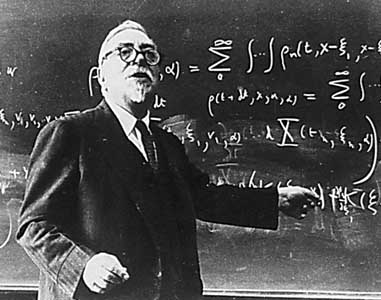¿How to reduce the gap between the e-skilled and the non e-skilled?
As Castells explains “this new economy is global in the precise sense that its core strategic activities have the capacity to work as a unit on a planetary scale in real time or chosen time. By core activities I mean financial markets, science and technology, international trade of goods and services, advanced business services, multinational production firms and their ancillary networks, communication media, and highly skilled speciality labour”. [...] Technology is not the cause of the transformation but it is in deed the indispensable medium. (Castells, 2000)
The ICT revolution plays an important role in the functioning of the labour market, through the reshaping of work, skill structures and the organisation of work. As the new technology is an information technology, it requires not only stronger basic skills in numeracy and literacy, but also a new form of basic skill, the skill of interaction with the new technology (EU, 1996). But these skills are required in an environment of accelerated changes. The same document aggregates that each year, on average more than 10 % of all jobs disappear and are replaced by different jobs in new processes, in new enterprises, generally requiring new, higher or broader skills. So, we can postulate that one of the main challenges of transformation and upgrading of skills lies in the re-adaptation of those who are already in the labour force to the new requirements of the Information Society as well as those who have received an education based in the memorization paradigm.
As Hatano (1982) wrote, develop adaptive capabilities, which are based on the idea that “without a fluent and flexible use of knowledge a person will not be able to identify and expand on that creative idea”. That’s why the “lifelong learning and adapting to new situations is a critical component to succeeding in the workplace and in personal affairs”. These competences will allow “the ability to identify new opportunities in this continuously transforming environment which helps individuals being more productive and effective”. (Cobo, 2007) But, even now a day this adaptability is not as common as it should be. For example, Eurostat Report (2006) evidences that over half of Europe’s population have little (15%) or no (37%) basic computer skills. The same research aggregates that one in three (34%) of EU residents have never used a computer (Eurostat, 2006).
During the last decade we have seen that the introduction of ICTs has huge effects on skill requirements and employment policy must become more focused on human resource investment. Some of the tools for this changing and challenging environment are related with the development of new skills and competences. So, some of the goals seem to be close to transform/update the education to reduce the gap between the traditional paradigm of teaching and the accelerated technological development (EU, 1996).
As Bellini, Schgör and Weiß (2007) wrote, if we acknowledge that e-competences have become almost essential tools for life-long learning, we must also acknowledge that life-long learning is essential for e-skills competence-building. In this context, two relevant questions came up:
- How is the British society responding to the shortening of the technology lifecycles in ICT and the accompanying obsolescence of related knowledge, skills and competences of its labor force?
- Is the British society implementing deep transformation to develop e-competences, e-skills and adaptive capabilities in the new generation of professionals that will enface the labor market in the beginning of the coming decade?
Etiquetas: aprendizaje colaborativo, conectividad, conocimiento, contenido, e-learnign, futuro, innovación, tecnologìa













<< Home